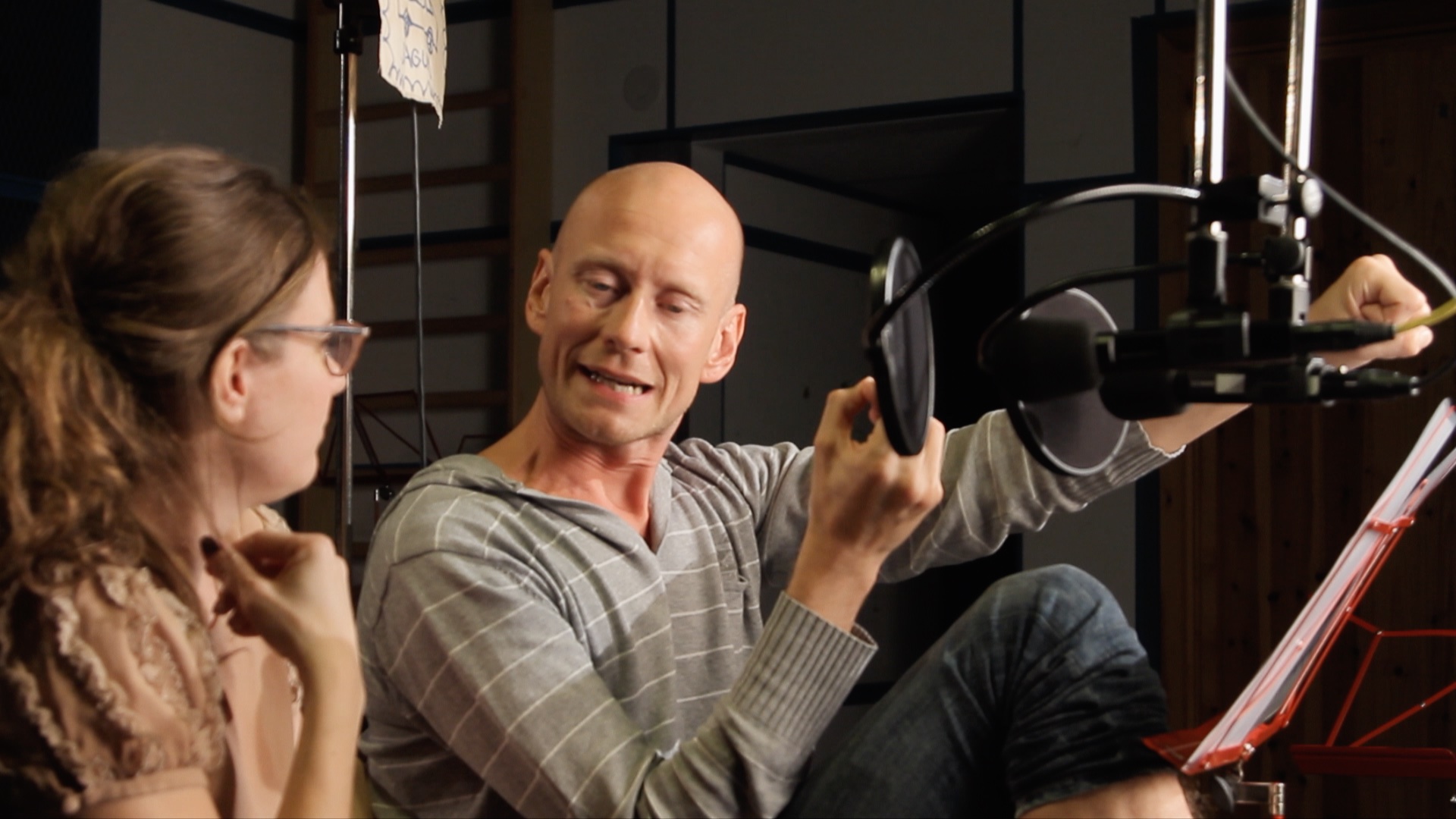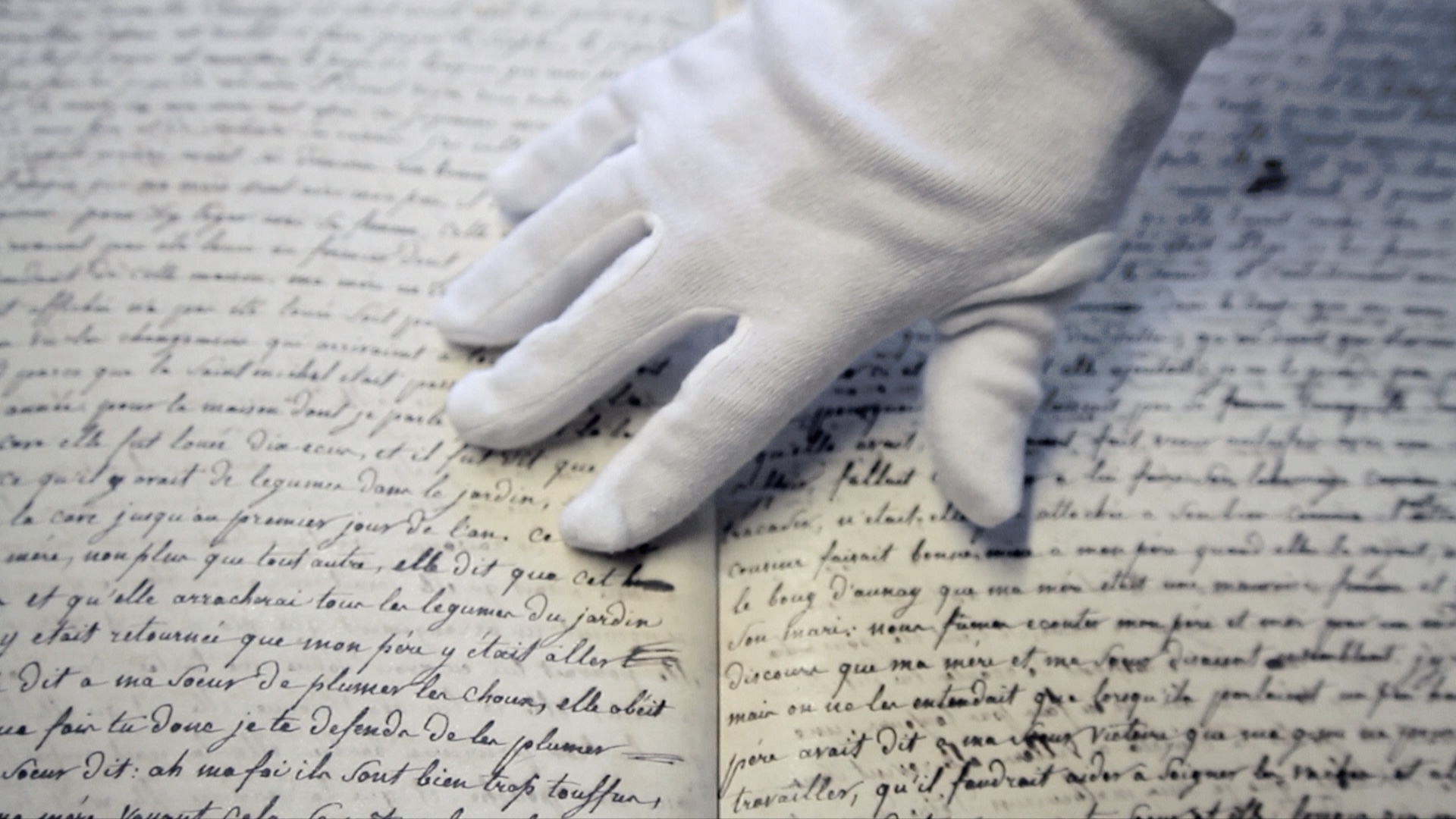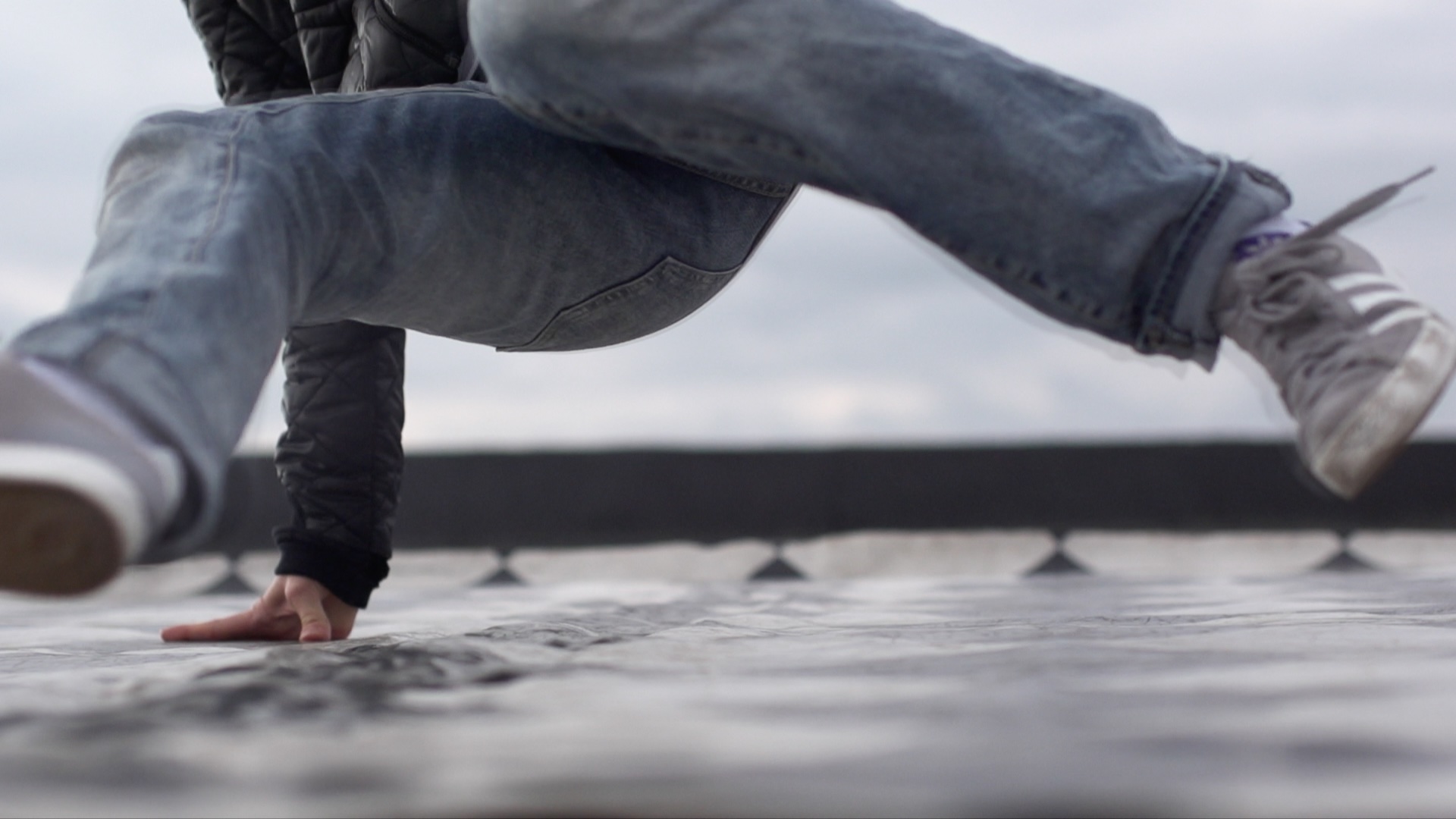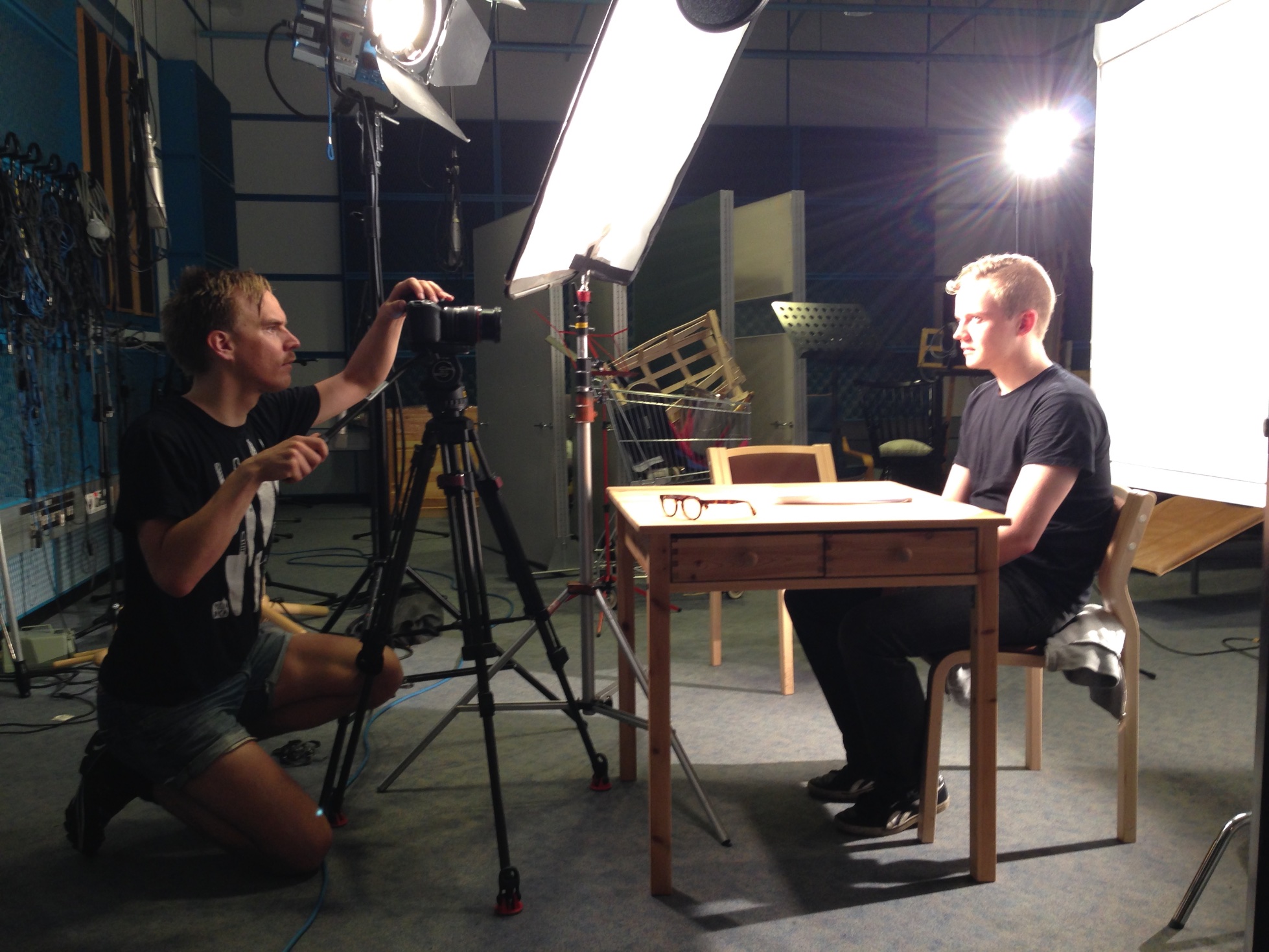MADNESS AND
CIVILIZATION
/ Hulluus ja yhteiskunta
A film by Teemu Mäki, an adaptation of a radio play,
which was written by Harri Virtanen and directed by
Juha-Pekka Hotinen.
56 minutes, 20 seconds, Full HD,
2014–2015.
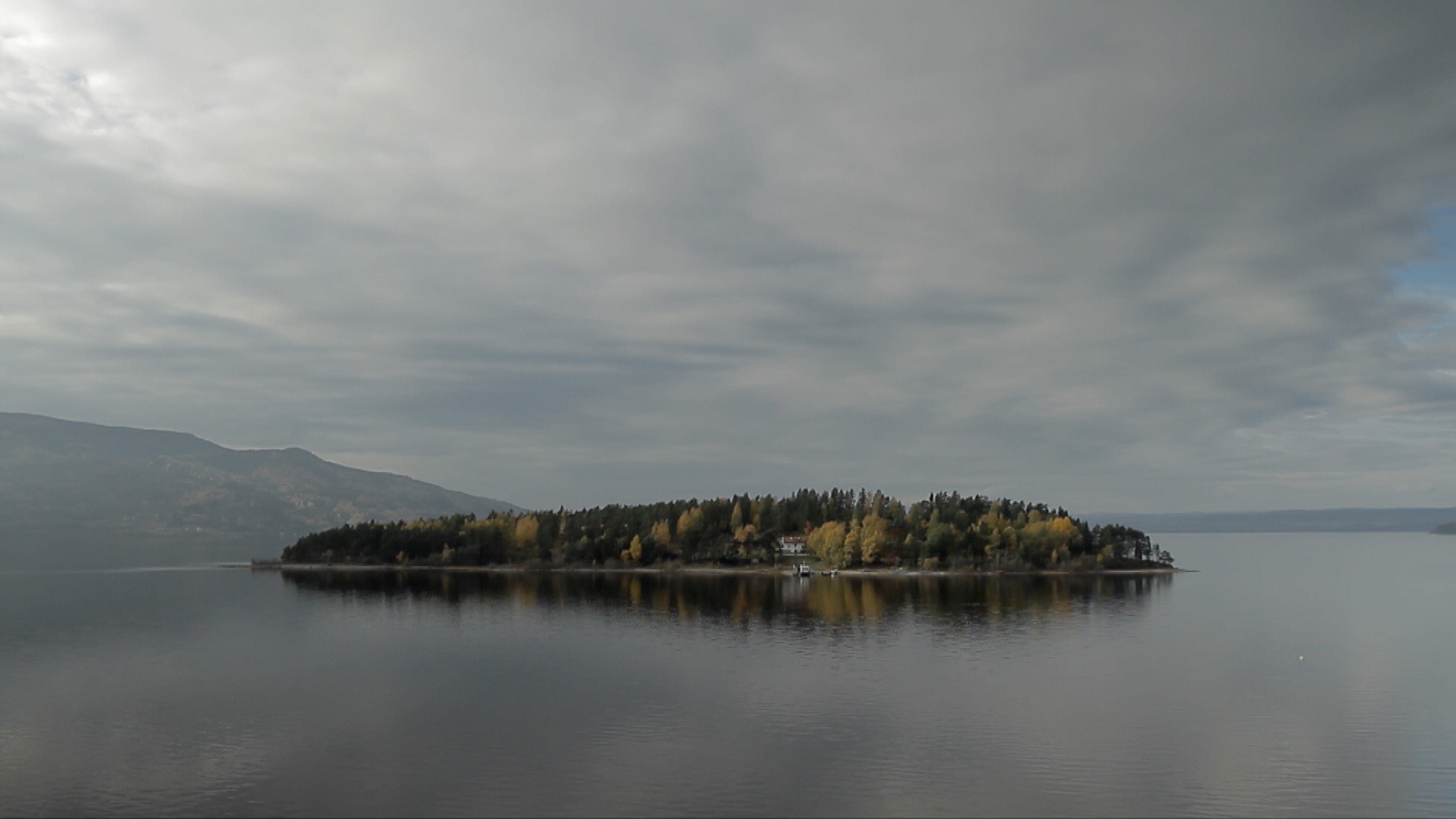
Madness and
Civilization
(Hulluus ja
yhteiskunta)
Harri Virtanen /
Juha-Pekka Hotinen / Teemu Mäki
Madness and
Civilization is a film version of a
radio play. The radio play was produced by
the Radio Theatre of Finnish Broadcasting
Company, YLE. The film version is an
'audiovideo', which means that the radio
play has been used as the soundtrack of
the film unaltered.
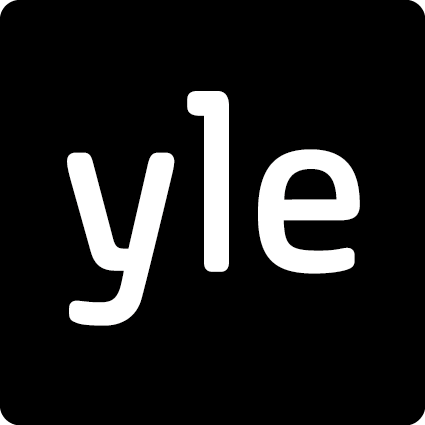 Teemu Mäki's description of
the film:
“Madness and
civilization is a drama documentary
about xenophobia and misogynism. It's also
about the relationship between violence
and pleasure. The main characters of the
film and the radio play are two murderers
and one philosopher: Pierre Rivière,
Anders Breivik and Michel Foucault. Actors
are playing them, but the lines they speak
are from court minutes from 1835–1836 and
2011–2012 and from Foucault's writings.
Playwright Virtanen took the lines
directly from these sources or slightly
arranged them trying to stay faithfull to
the content of the orginal texts.
Teemu Mäki's description of
the film:
“Madness and
civilization is a drama documentary
about xenophobia and misogynism. It's also
about the relationship between violence
and pleasure. The main characters of the
film and the radio play are two murderers
and one philosopher: Pierre Rivière,
Anders Breivik and Michel Foucault. Actors
are playing them, but the lines they speak
are from court minutes from 1835–1836 and
2011–2012 and from Foucault's writings.
Playwright Virtanen took the lines
directly from these sources or slightly
arranged them trying to stay faithfull to
the content of the orginal texts.
For the film we first filmed the recording
sessions of the radio play. Then we went
and filmed the actual locations mentioned
in the radio play, in a documentary style.
We filmed in Uppsala University in Sweden,
on the Utøya island in Norway and in
the towns of Aunay sur Odon and Caen in
Normandy, France.
In addition to these materials there are
also some scenes and images in the film,
which are not directly derived from the
radio play, but which illuminate it from
other angles and provide thematic
commentary of its themes. My aim was to
make a film that would on one hand
humbly support the radio play like an
'audiovideo' should, but also a film
that would be an independent work of
art, a film that would not be just an
illustration of the radio play, but a
film that would comment on it and expand
it. It was like directing an opera: the
audio part was fixed, but the stage
action and vision was all mine to use."
Finnish
Broadcasting Company's description of
the radio play:
"A modern tragedy about innocent
victims, two murderers and a
philosopher, who looks for pleasure and
explanations. Was Pierre Rivière, the
family killer a crazy person or a
do-gooder? Was Anders Behring Breivik,
the mass murderer a lunatic or a
politician or a soldier? Or were they
both just criminals? Was Michel Foucault
an intellectual or a lecher? Harri
Virtanen's new drama juxtaposes the case
of Pierre Rivière – well-known from the
1830s onwards and carefully studied by
Michel Foucault – with Anders Breivik,
our contemporary. The work ponders how
the society deals with extremists. When
does the society use the perspective of
illness and when that of crime, when it
assesses the actions of extremists?
Virtanen's beautiful text aspires to
reach a kind of contemporary sublime and
tries to approach its themes directly
and without compromise, but it's not a
spectacle and it uses no shock effects."
The film was screened first in YLE
Areena, 2.11.–2.12.2014: http://areena.yle.fi/tv/2455278.
Then
it was shown on Finnish television, on
YLE
Teema, in March
2015. The first
museum show of it took place in
Kuntsi
Museum of Modern Art, in Vaasa,
Finland, 14.2.–24.5.2015. International
version with English subtitles was ready
by March 2015 and was first screened in
the Domestic Competition of Tampere
Film Festival 2015.
Finnish Broadcasting
Company's description of the radio play:
"A modern tragedy about innocent
victims, two murderers and a
philosopher, who looks for pleasure and
explanations. Was Pierre Rivière, the
family killer a crazy person or a
do-gooder? Was Anders Behring Breivik,
the mass murderer a lunatic or a
politician or a soldier? Or were they
both just criminals? Was Michel Foucault
an intellectual or a lecher? Harri
Virtanen's new drama juxtaposes the case
of Pierre Rivière – well-known from the
1830s onwards and carefully studied by
Michel Foucault – with Anders Breivik,
our contemporary. The work ponders how
the society deals with extremists. When
does the society use the perspective of
illness and when that of crime, when it
assesses the actions of extremists?
Virtanen's beautiful text aspires to
reach a kind of contemporary sublime and
tries to approach its themes directly
and without compromise, but it's not a
spectacle and it uses no shock effects."
The film was screened first in YLE
Areena, 2.11.–2.12.2014: http://areena.yle.fi/tv/2455278.
Then
it was shown on Finnish television, on
YLE
Teema, in March
2015. The first
museum show of it took place in
Kuntsi
Museum of Modern Art, in Vaasa,
Finland, 14.2.–24.5.2015. International
version with English subtitles was ready
by March 2015 and was first screened in
the Domestic Competition of Tampere
Film Festival 2015.
End credits of the film:
Playwright/Sriptwriter of the radio play:
Harri Virtanen.
Director of the radio play: Juha-Pekka
Hotinen.
Script and direction of the
film by Teemu Mäki.
Sound design: Ari Mursula.
Choice
of music (musical dramaturgy): Teemu
Mäki.
Cinematographer &
editor of the film: Anton Verho.
Actors:
Pierre Rivière – Miiko
Toiviainen.
Anders Breivik – Ville
Myllyrinne.
Michel Foucault – Jukka
Ruotsalainen.
Judge - Timo Torikka. Priest
- Jussi Lehtonen. Farmer - Pekka Huotari.
Carpenter - Antero Nieminen. Farmer's wife
- Noora Dadu. Worker - Mikko Kaukolampi.
Geir Lippestad - Ville Sandqvist. Narrator
- Teijo Eloranta.
In other roles:
Erja Manto, Klaara Hotinen, Tuukka Vasama,
Tuula Hyttinen, Céline Orblin, Marc
Gassot, Kaija Kärkinen ja Saila Mattila.
Dancers:
Anniina Tikka
Naomi Katayi
Based on real events.
The dialogue is derived from
court minutes from 1835 (the case of
Pierre Rivière)and from 2011–2012
(the case of Anders Breivik).
Michel Foucault's lines are from his
books, articles and interviews.
Other important sources, in
addition to the court minutes:
Michel Foucault: Folie et déraison /
Madness and Civilization
(1961/1964).
Michel Foucault (ed.): Moi, Pierre
Rivière, ayant egorgé ma mére, ma soeur
et mon frére / I, Pierre Rivière, Having
Slaughtered My Mother, My Sister, and My
Brother... (1972/1975).
Journalist Paul Brennan's tweets from Oslo
Courthouse 20.4.2012.
VG-magazine's reports from Breivik's court
case 2012.
Torgeir Husbyn and Synne Sorheimin
criminal psychiatric analysis of Breivik's
mental health (29.11.2011).
Stephen Riggins: Michel Foucault's
interview 22.6.1982.
Geir Lippestad & Jon Gangdal: Det
vi kan stå for (2013).
And for the film, separately:
Åsne Seierstad: En av oss. En
fortelling om Norge / One of Us: The
Story of Anders Breivik and the Massacre
in Norway (2013/2014).
The film is based on a
radio play with the same name.
The radio play as such was used as the
soundtrack of the film.
Production manager: Jorma
Hellström.
Producer of the radio play:
Pekka Ruohoranta / YLE, Radio Theatre.
Producer of the film: Teemu
Mäki (Teemu Mäki, private company).
Commissioner of the film:
Finnsih Broadcastin Company, YLE, Radio
Theatre.
Music:
Johannes Brahms: Edward
Ballade, Op. 10 - 1 (Glenn Gould)
Arianna Savall: Tarantela.
Giacinto Scelsi: l'Ame
ailée (Robert Zimansky)
Giacinto Scelsi: l'Ame
ouverte (Robert Zimansky)
Ákos Rózmann: Impulsioni
I.
Ketil Bjørnstad: The
Sea I.
Jordi Savall: Paxarico
Tu Te Llamas.
Ketil Bjørnstad: The
Sea VIII.
Muslimgauze: Uzi
Mahmood 1.
Research for the film in
Normandy: Camille Marchandeau.
Research for the film in
Uppsala: Carl Frängsmyr.
Thanks a million for the
following:
Håkon Knudsen / AUF
(Arbeidernes Ungdomsfylking), Norja.
Jørgen Watne Frydnes,
superintendent of Utøya island.
Priscilla Jane Mmari.
Riikka Ala-Harja.
|
Stills from the
film:
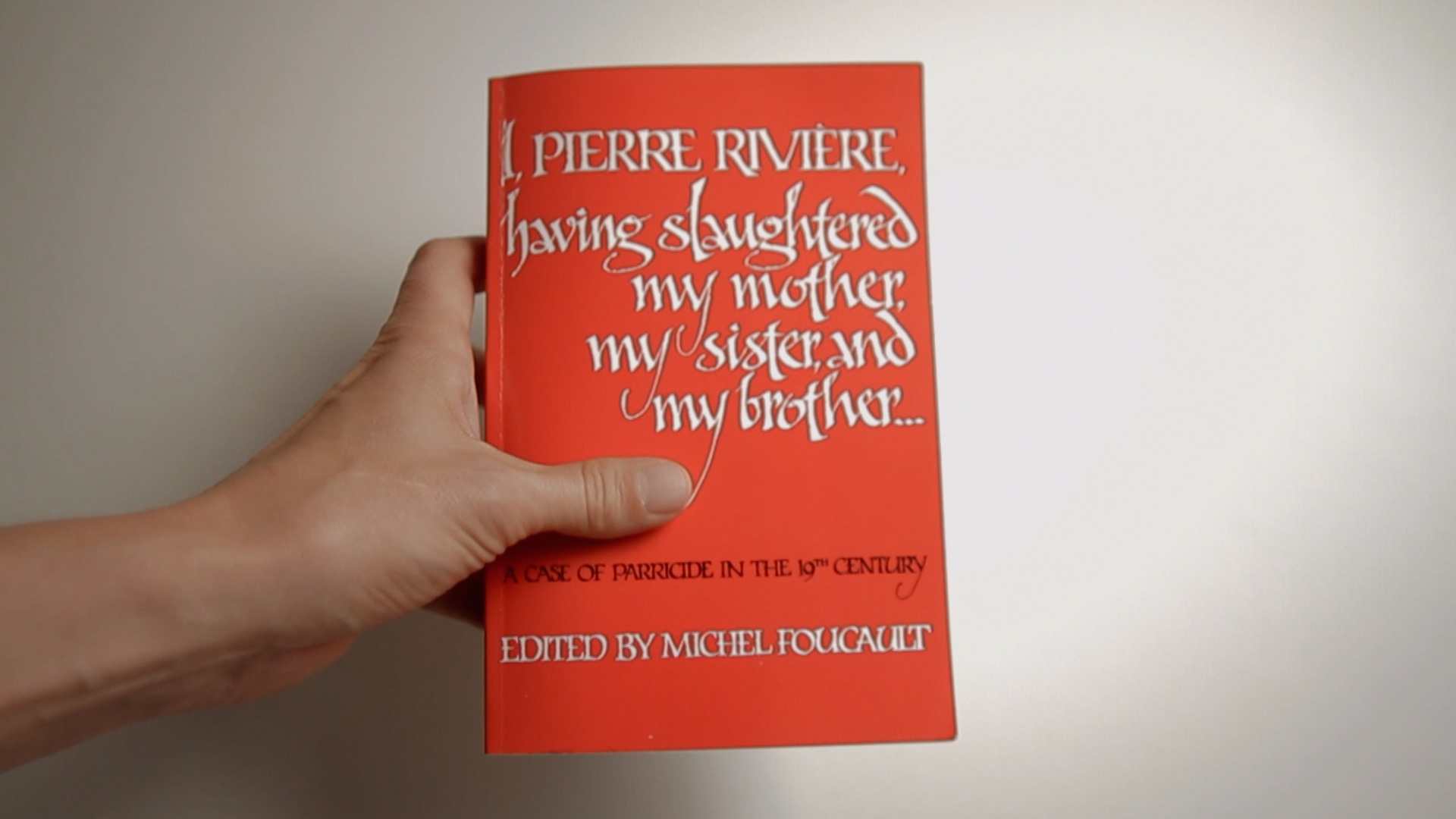
Anton Verho ja Miiko Toiviainen
elokuvan kuvauksissa 23.5.2014:
|

